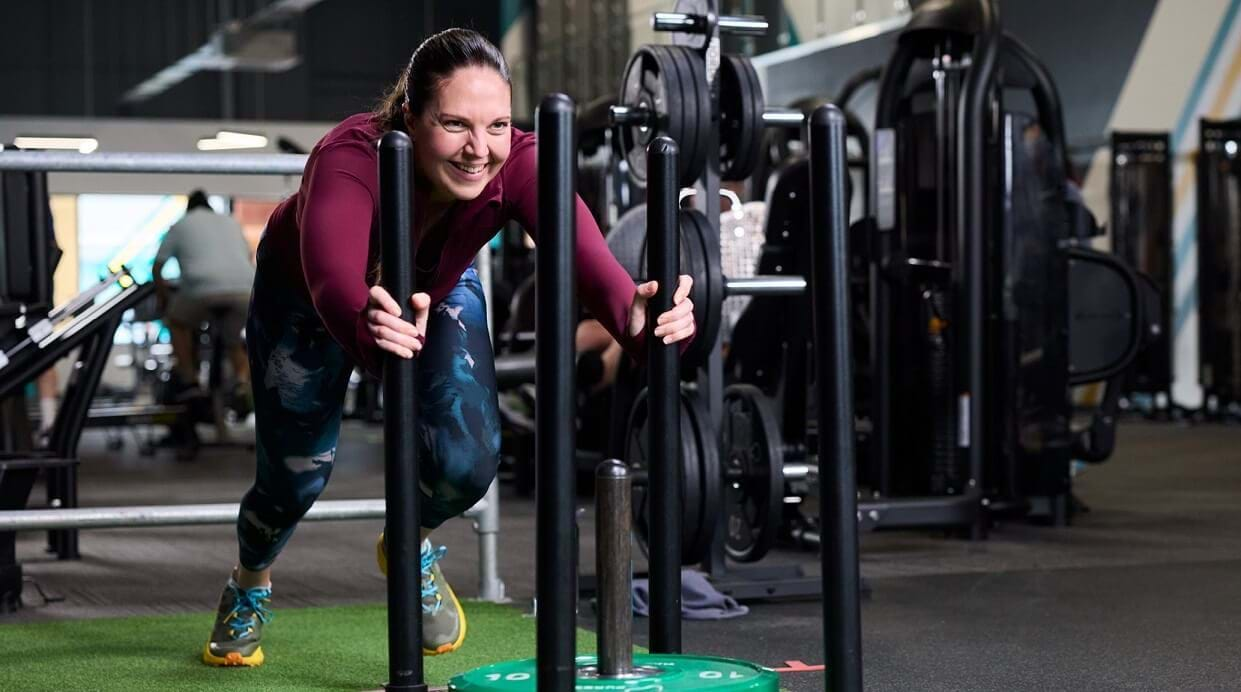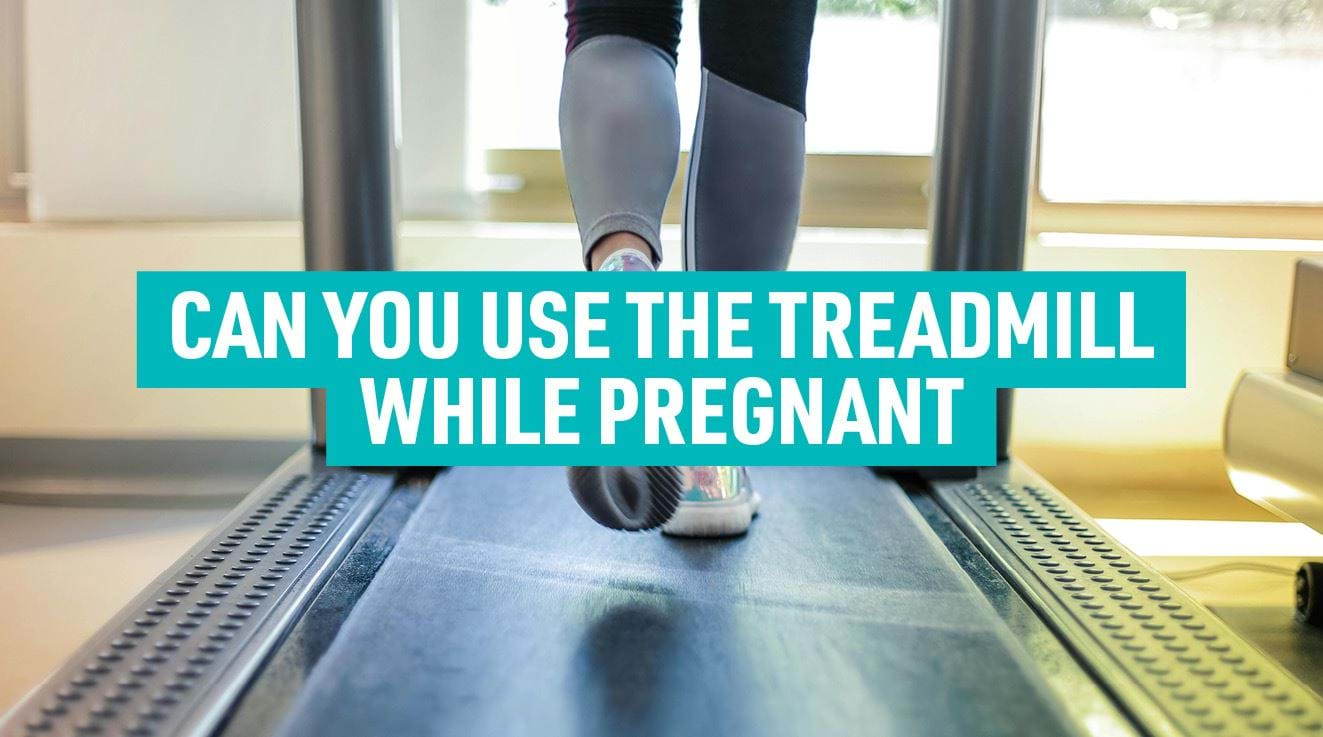
Top 5 Resistance Machines For Managing Osteoporosis
Osteoporosis weakens bones and increases fracture risk, particularly after age 35. Proper resistance training can help manage and prevent this condition by building bone density and reducing fall risks.
Why Resistance Training Helps:
- Builds stronger bones through controlled stress
- Prevents bone loss by maintaining density
- Improves balance and reduces fall risks
- Supports better posture
- Helps manage pain through improved mobility
Benefits of Fixed Resistance Machines:
- Safer for beginners and those with health conditions
- Provides stability and controlled movements
- Reduces risk of overexertion
- Helps learn proper movement patterns
Best Machine Exercises for Osteoporosis:
Leg Press
- Works quads, hamstrings, calves, and glutes
- Safer alternative to squats
- Maintain proper alignment and posture
Lat Pulldown
- Strengthens back muscles
- Improves posture
- Stabilizes spine and shoulders
- Targets commonly fractured bone areas
Chest Press
- Works pushing muscles (pecs, delts, triceps)
- Improves forearm and wrist strength
- Provides stable alternative to bench press
Shoulder Press
- Safely works complex shoulder joint
- Improves shoulder strength and stability
- Controls range of motion
Bicep Curl Machine
- Isolates biceps effectively
- Engages upper back muscles
- Removes momentum from movement
Workout Plan:
- Perform 2-3 times per week
- Warm up with 15 minutes low-impact cardio
- Do 2 sets of 8-12 reps for each exercise
- Increase weight when 12 reps become easy
- End with stretching
Intermediate Progression:
- Step ups (replace leg press)
- Assisted pull ups (replace lat pulldown)
- Dumbbell chest press (replace machine press)
- Standing dumbbell press (replace shoulder press)
- Dumbbell bicep curls (replace machine curls)

Woman pushing sled at gym

Pregnant woman running on treadmill

Onye egwuregbi na-agba ọsọ
